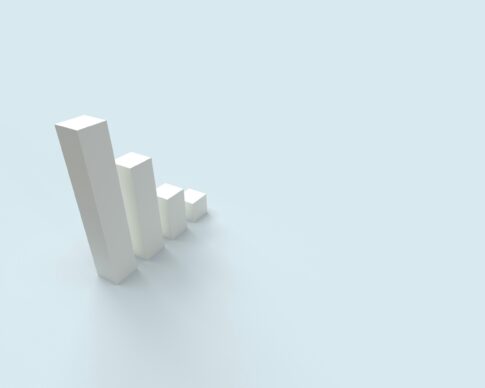Today, I will explain the following website. (AI-generated)
「利上げ 植田」の検索結果 – Yahoo!ニュース
Contents
Understanding the Impact of Interest Rate Hikes on USD/JPY Trading
Interest rate hikes refer to the increase in the benchmark interest rates set by a central bank, which can significantly influence currency values. When a central bank raises rates, it often leads to an appreciation of that country’s currency because higher rates provide better returns on investments denominated in that currency. For traders in the Forex market, especially those interested in the USD/JPY pair, understanding the dynamics of interest rate changes is crucial for making informed decisions.
What Are Interest Rate Hikes and How Do They Affect Currency Values?
Interest rate hikes are decisions made by central banks to increase the cost of borrowing. This action can strengthen a country’s currency as it attracts foreign capital seeking higher returns. For the USD/JPY currency pair, an interest rate hike in the United States would typically result in a stronger dollar against the yen, while a hike by the Bank of Japan would have the opposite effect.
Exploring the Recent Interest Rate Decision by the Bank of Japan
The Bank of Japan’s monetary policy decisions directly impact the valuation of the yen. When the Bank of Japan decides to raise interest rates, it can lead to a stronger yen as investors seek the higher yields offered by Japanese assets. Conversely, maintaining low rates or signaling a dovish stance can weaken the yen against the dollar.
Strategies for Forex Traders in Light of Interest Rate Changes
Forex traders can employ various strategies in response to interest rate changes, such as carry trades, where they borrow in a low-interest-rate currency and invest in a higher-yielding one. It’s essential to stay informed about central bank announcements and economic indicators that may signal rate adjustments.
Expert Analysis on the Forex Market’s Reaction to Interest Rate Hikes
Insights from Financial Analysts on the USD/JPY Movement
Financial analysts often provide insights into how interest rate hikes can affect currency pairs like the USD/JPY. They analyze economic data, central bank policies, and other macroeconomic factors to predict currency movements and provide guidance to traders.
Historical Data: How Past Interest Rate Hikes Have Influenced the Forex Market
Examining historical data can reveal patterns in how the Forex market has reacted to past interest rate hikes. Traders can use this information to anticipate potential market movements and develop strategies accordingly.
Practical Tips for Forex Traders During Economic Shifts
During economic shifts, traders should monitor key indicators, manage risk carefully, and be prepared to adapt their strategies. It’s also advisable to maintain a diversified portfolio and stay updated with the latest economic news and analysis.
Preparing for Future Market Conditions in Forex Trading
Tools and Indicators to Monitor for Anticipating Market Trends
Traders can use various tools and indicators, such as interest rate differentials, economic calendars, and technical analysis charts, to monitor and anticipate market trends. These resources can help traders make more informed decisions.
Building a Resilient Trading Plan Amidst Economic Uncertainty
Creating a resilient trading plan involves setting clear goals, establishing risk management rules, and continuously evaluating and adjusting strategies to cope with economic uncertainty.
Adapting to New Market Realities: A Guide for Forex Investors
As market conditions evolve, forex investors must be willing to adapt their approaches. This includes staying educated on market dynamics, being flexible with strategies, and always being prepared for volatility.












